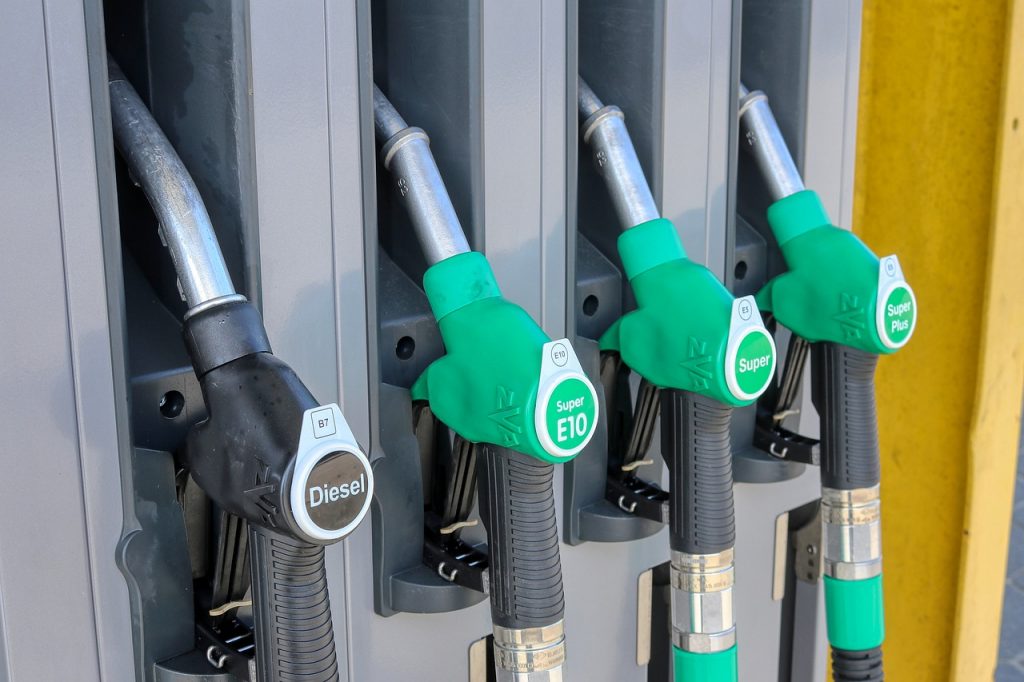Why Gas Prices Could Get Higher Again
Damage from hurricane Ian could affect gasoline production in the Gulf Of Mexico, potentially causing prices to rise slightly.
This article is more than 2 years old
Hurricane Ian is barreling towards the Gulf of Mexico, and people are worried about how the approaching storm could harm the land, businesses, and homes in the area. Some people are nervous about gas and oil prices since considerable oil production occurs along the Gulf of Mexico. Gas prices already rose on Tuesday, anticipating the natural disaster.
Though experts believe that Hurricane Ian won’t vastly affect oil production occurring along the gulf, oil prices went up regardless by 2.4%. Thankfully, gas prices are still lower than at the beginning of the week, marking an eight-month low for oil costs. Still, people in Florida are worried about the upcoming Hurricane Ian today, with winds documented at 125 mph.
Since Florida isn’t a significant producer or refiner of oil, experts expect the state to be largely unaffected by the production disruption by Hurricane Ian. The incoming storm does not pose a major risk to the US’s oil supply but could do considerable damage to residents’ homes and businesses. Currently, Hurricane Ian’s path does not align with the Gulf of Mexico’s oil production facilities, mostly headed toward central Florida instead.

Michael Tran, a digital intelligence strategist at RBC Capital Markets, reiterated this belief about the hurricane posing little threat to global oil economies. He stated that the storm wasn’t a “meaningful event” to the industry and unlikely to continue escalating gas prices further. Though experts predict that Hurricane Ian will move away from oil production in the gulf, some people note that hurricanes are unpredictable, and it’s plausible the storm goes off course.
Though Bob McNally, president of consulting firm Rapidan Energy Group, agrees with other strategists about the oil markets remaining unaffected, he worries about the storm’s erratic nature. The United States has essential refineries in Louisiana and Texas, which are dangerously close to Hurricane Ian’s predicted pathway. McNally stated there could be a huge issue if the storm “veered west” and hit these refineries.
Huge companies with production facilities in the area have already evacuated personnel from their premises. Both BP and Chevron stated their evacuation procedures, adding that their workers were already removed from offshore oil fields surrounding the Gulf of Mexico. Though Hurricane Ian isn’t expected to hit these facilities, the evacuation was still necessary, ultimately pausing production, which could continue affecting gas price increases.
The BP and Chevron staff clearance has paused 485,000 barrels per day of oil production, which is 27% of the Gulf of Mexico’s oil exports. Though this seems like plenty of oil, it only accounts for 5% of the United State’s daily oil production. Even with this interruption, the nation shouldn’t be too worried about an oil shortage due to the impending storm.
Analysts suspect that the gas price increase was significantly influenced by the oil facility evacuations and less by the threat of Hurricane Ian. Though this may be true, some speculate that the storm’s inevitable damage to central Florida and Tampa’s refined product terminals could continue stalling oil exportation, leading to more delays and accelerations in oil costs.








